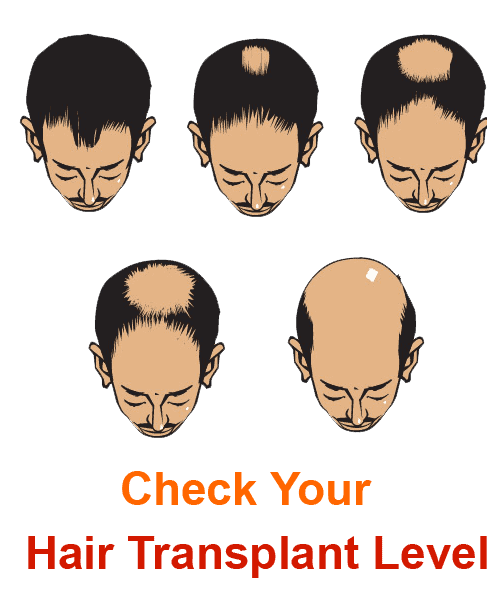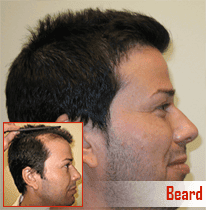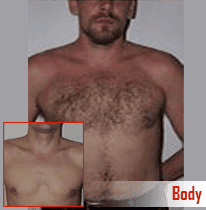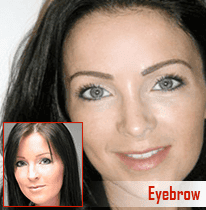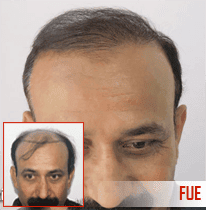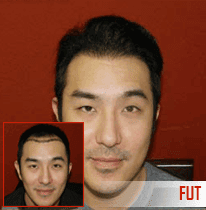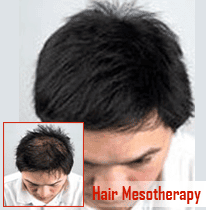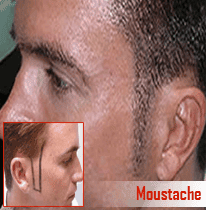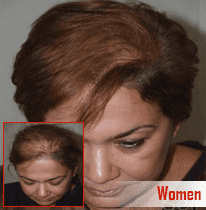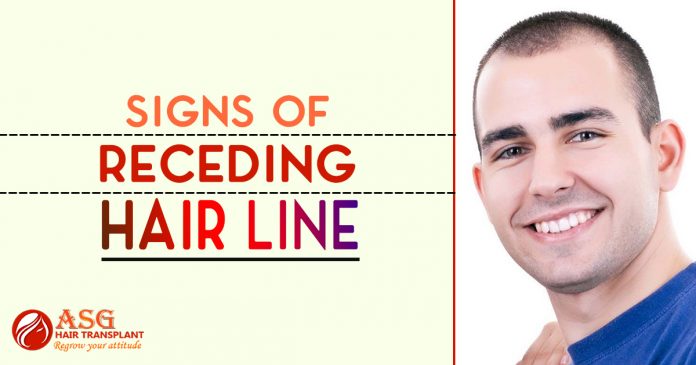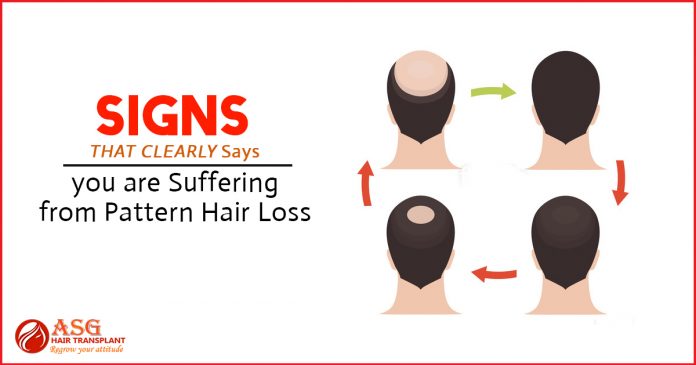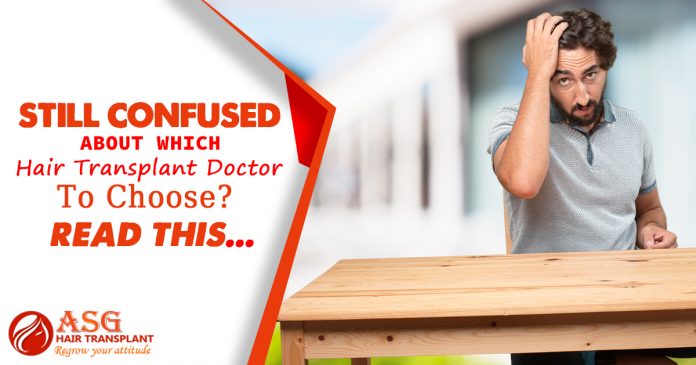What Is The Actual Hair Transplant Procedure
Hair transplant is a procedure which involves the grafting of hair follicles from the donor site to the recipient site. The surgeon clearly studies your head when you approach him for a hair transplant in Amristar. He carefully marks the donor and the recipient area. The donor area is generally the area with abundant hair growth. As opposed to this, the donor area is the area which has scanty hair growth. The surgery involves the extraction of the hair grafts from the donor area. The grafts once planted fall off after a period of two to three weeks. After this, small hair starts growing from the scalp on the area where hair was transplanted. After a period of several weeks, you will notice the growth of new hair.
Why choose us?
Our clinic in Amritsar offers world-class facilities for various medical procedures related to hair transplant. As we already know, we have to pick the best combination of expertise, experience, and infrastructure for our surgery. Although it is not as major a surgery as a heart transplant or bypass surgery, it has its own share of risks. Any carelessness on any aspect will lead to unpleasant results. Not only will the patient be disheartened with the results , but it will also result in complete wastage of precious resources. Time, money and the precious hair follicles, all will be wasted in a procedure with no results.
Why is ASG the best clinic?
As we already mentioned earlier , the choice of the doctor, the team and the clinic all play a significant role in the transplant surgery. ASG is one of the leading clinics which offer quality treatment at affordable prices. The doctors are professionally qualified and hold many years of experience in the field of transplant. A team which assists the doctors comprises of the most professionally committed individuals. The clinic offers all facilities related to the surgery. The clinic is well equipped to deal with any emergency condition which may arise during the transplant procedure.
What Effects Does Smoking, Alcoholism & Supplements have on Hair Transplant?
Looking at the escalating numbers of patients searching for hair transplants, there is still a gap of unawareness or being uninformed about various hair transplant facts.
A hair transplant procedure is a surgery that requires maximum considerations pre and post surgery to deliver the intended results without causing health risks.
Eliminating hair transplant risks is a two-way requirement from both the surgeon and the patient before a Hair transplant in Punjab. At our hair transplant centre, the various questions are posed to a patient
- Are you on any medications and if so, what are they?
- Do you smoke? If so, for how long and how much do you smoke
- Do you take drugs (recreational drugs) such as cannabis, cocaine, heroin? among others.
- Do you take any vitamin supplements and if so, what are they?
- What over- the- counter medications are you currently using or previously used and for how long?
Posing these questions, among others, is intended to eliminate any possibility of complications mainly excessive bleeding during and after the hair transplant surgery.
With that, your hair transplant surgeon may postpone your surgery to a period when your surgery is considered safe.
Vitamin supplements, especially vitamin E have shown a greater risk of bleeding because of its effect on platelets that aid in controlling bleeding.
Using illicit drugs and excessive consumption of alcohol are major reasons for liver damage, prolonged healing course, and escalating lidocaine effects.
Being realistic during the examination period is one of the best fundamentals for a complication-free surgery.
Our Results
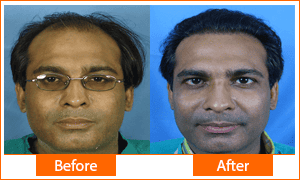
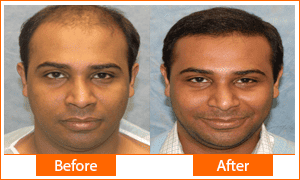




What to expect after the surgery
Although it is not a heavily invasive procedure, you are bound to experience some sort of discomfort and pain in the operated area. You may also experience redness and swelling in the area for a few days. A few people may also experience inflammation in the operated area.
The pain and swelling are a natural repercussion of the procedure. These effects usually fade away with time. The antibiotics and anti-inflammatory drugs prescribed by the doctor help in providing relief.


